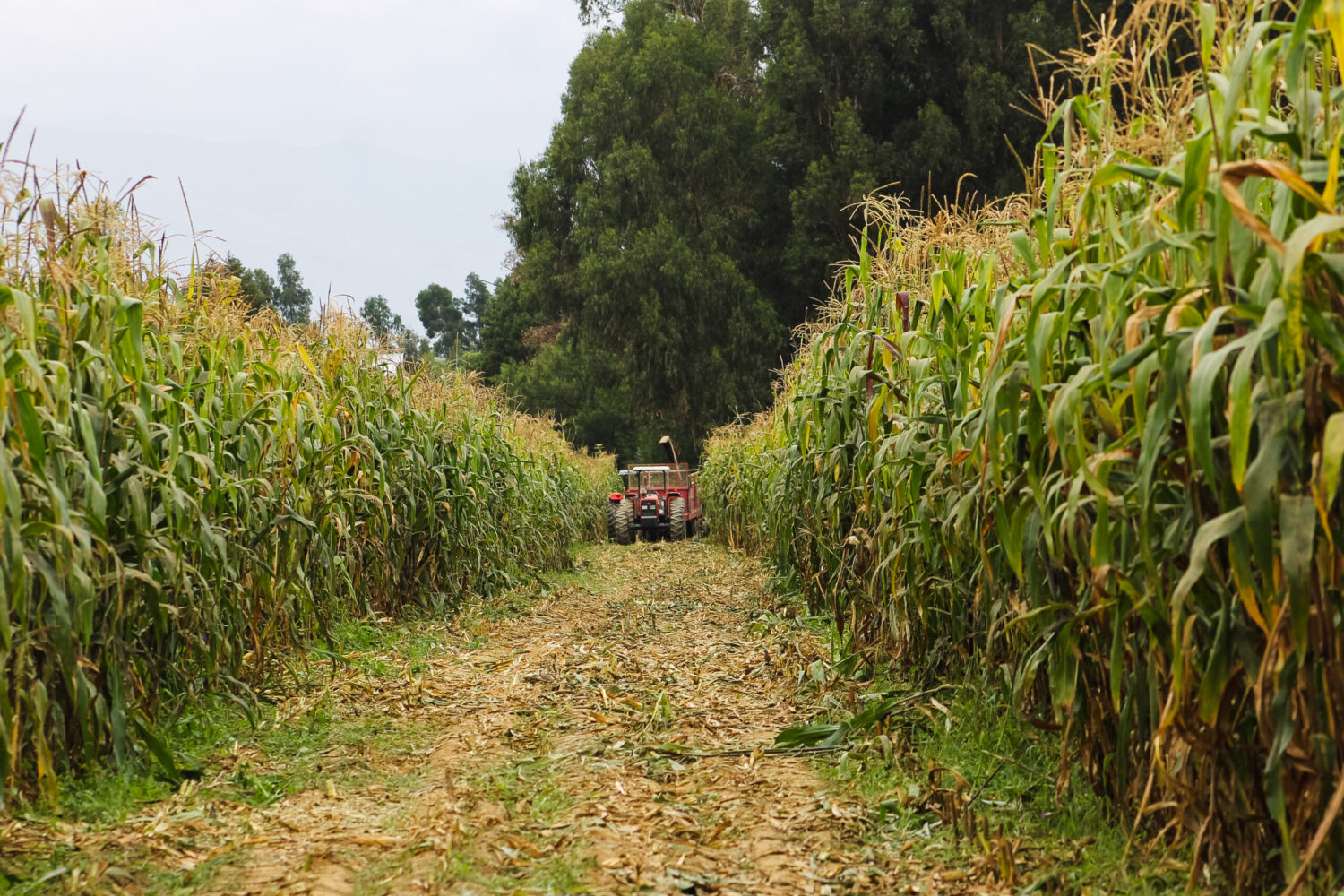
Through its haciendas in Pairumani and Santa Cruz, the Simón I. Patiño Foundation deploys a pioneering agroecological strategy in Bolivia. Research, experimentation, training and environmental education come together to make agriculture a vehicle for learning, sovereignty and social connection. These vibrant places shape citizens able to understand and transform their relationship with the land and living systems.
In response to the climate and food crises, the Simón I. Patiño Foundation is implementing an ambitious agroecological strategy in Bolivia. Its two haciendas—in Pairumani and Santa Cruz—form a living network of experimentation, training and awareness. These spaces are designed as open-air laboratories where farming practices, scientific knowledge, field-based education and ecological transition intersect.
At the Hacienda Patiño in Santa Cruz, teams test new crop varieties, regenerative farming techniques, and sustainable irrigation systems each season. Experimental plots validate agroecological practices suited to tropical soils. Every innovation is meant to be shared, adapted and replicated at the smallholder level. The goal: a more resilient, equitable and livable agriculture.
Students, interns, researchers, and young farmers: every year, hundreds are trained in the field. The pedagogy is based on hands-on learning, group work and learning by doing. The Hacienda offers certification modules, demo days and tailored support. The aim is to build a new generation of engaged, equipped and grounded agricultural actors.
The educational park in Pairumani regularly hosts schools, families and youth groups. Educational gardens, eco-trails, and sensory games are all designed to spark a joyful, hands-on connection with nature. Ecology here is lived, not lectured. The goal is to raise environmentally aware children capable of engaging differently with their surroundings.
Each year, the Patiño Foundation organises “Field Days” (Días de Campo) to allow producers, partners and local communities to discover the results of its experiments. The knowledge developed on the haciendas is shared through publications, workshops and institutional partnerships. This transmission links scientific research, rural practices and civic engagement.
The agroecology promoted by the Patiño Foundation is more than a farming method: it is a worldview. By combining care for the land, social justice, food autonomy and grassroots education, it helps reshape the bond between people and ecosystems. In haciendas, schools, farms and parks, this project cultivates awareness capable of thinking, growing and passing on differently.
46 hectares of ecological parkland in Pairumani dedicated to environmental education
46
Over 10,000 farmers benefit from improved seeds developed through experimentation
10000
880,000 litres of milk produced annually through an integrated and sustainable livestock model
880000
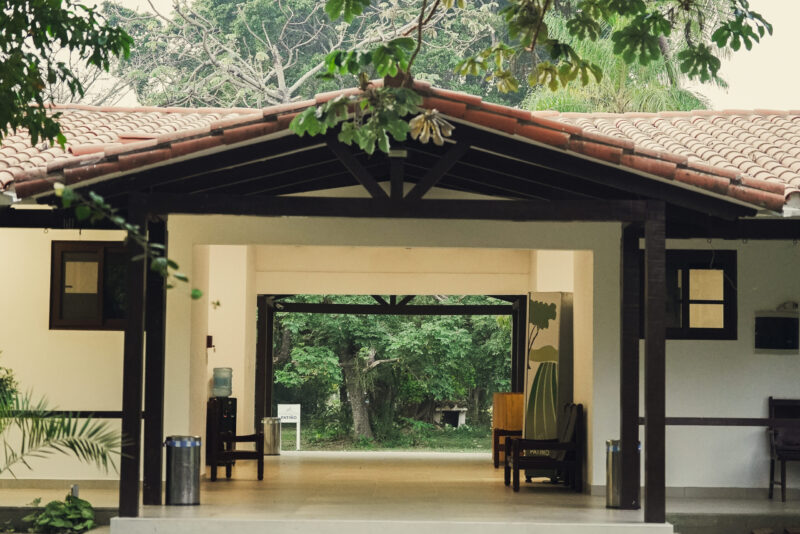
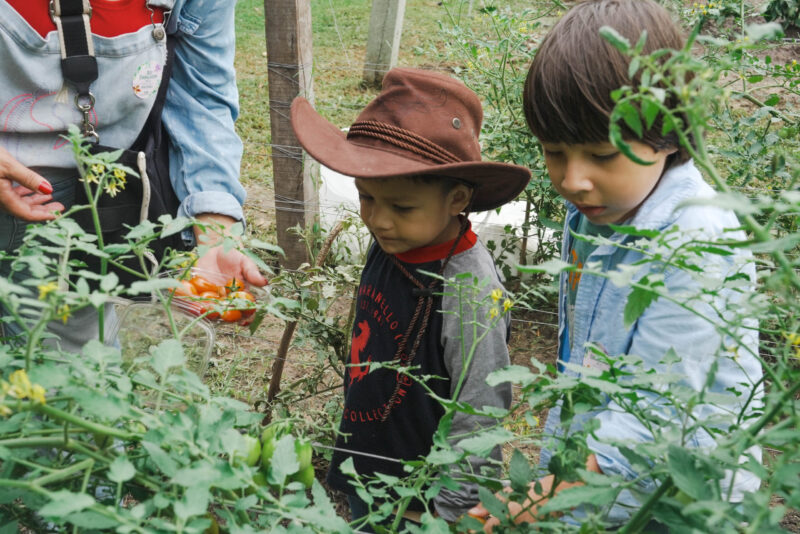
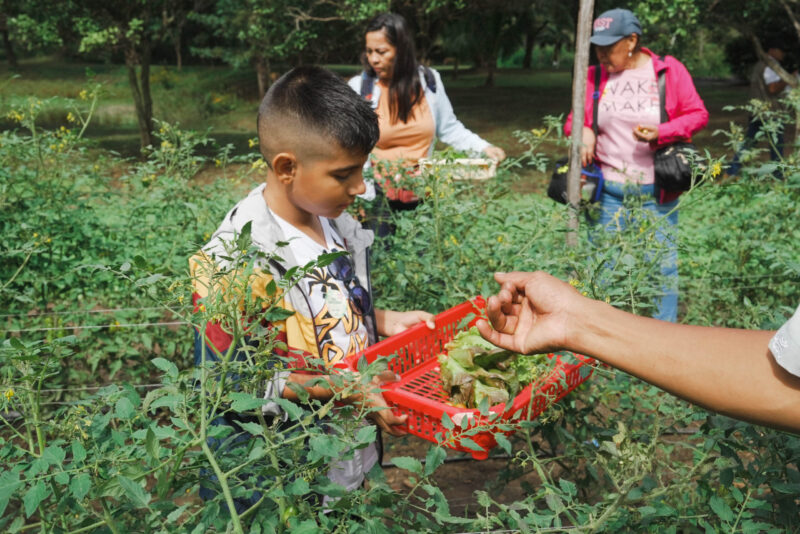
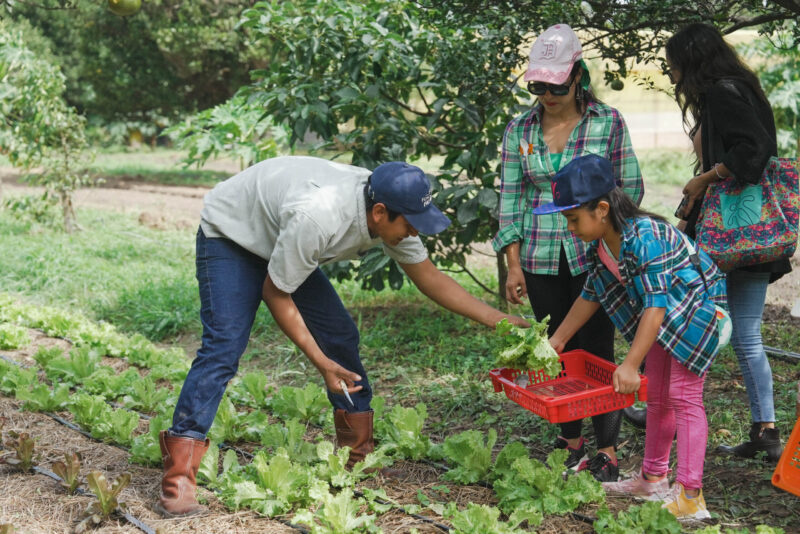
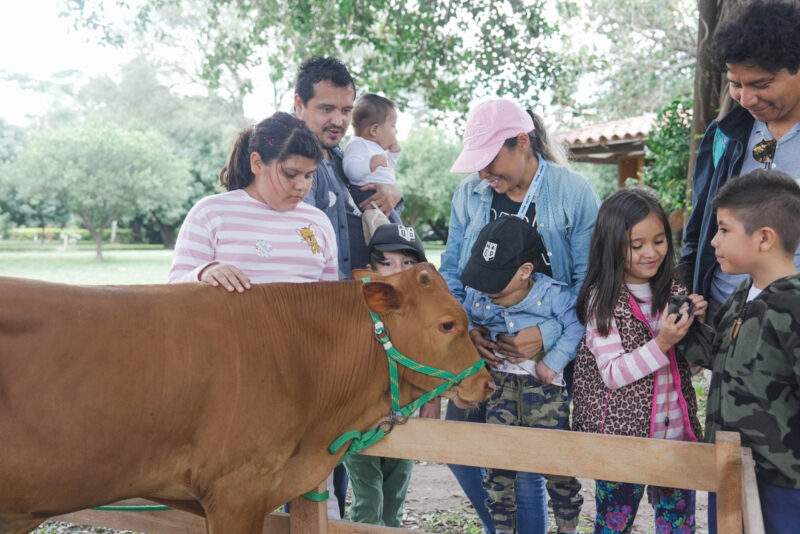
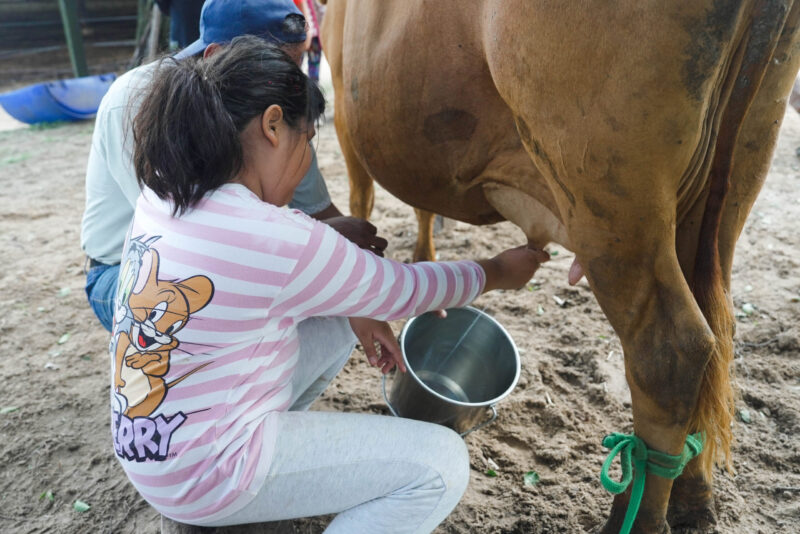
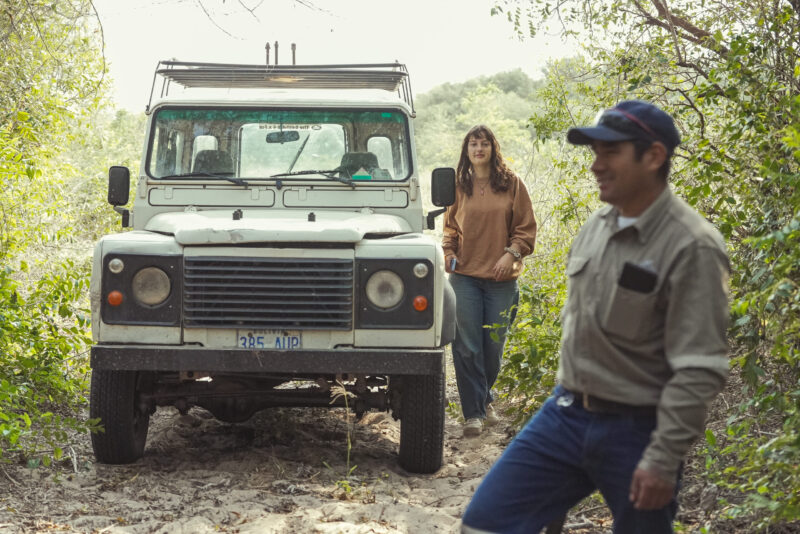
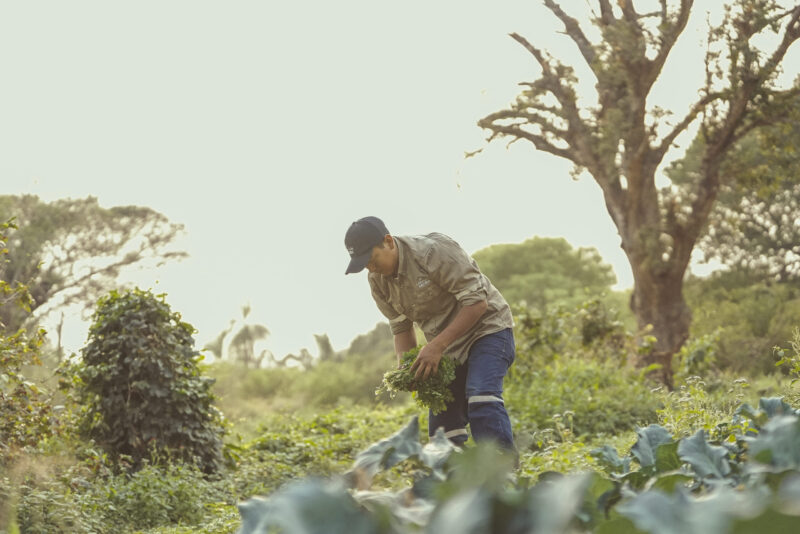
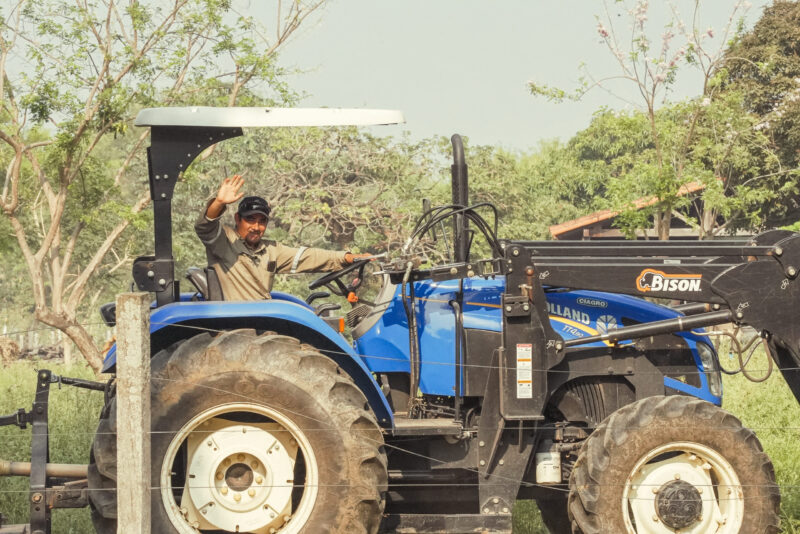
By supporting our agroecological programmes, you help pass on sustainable knowledge, strengthen food autonomy, and raise awareness of ecology among younger generations. Each donation helps fund training, experimentation, and the dissemination of farming practices that respect the land, ecosystems and rural communities.